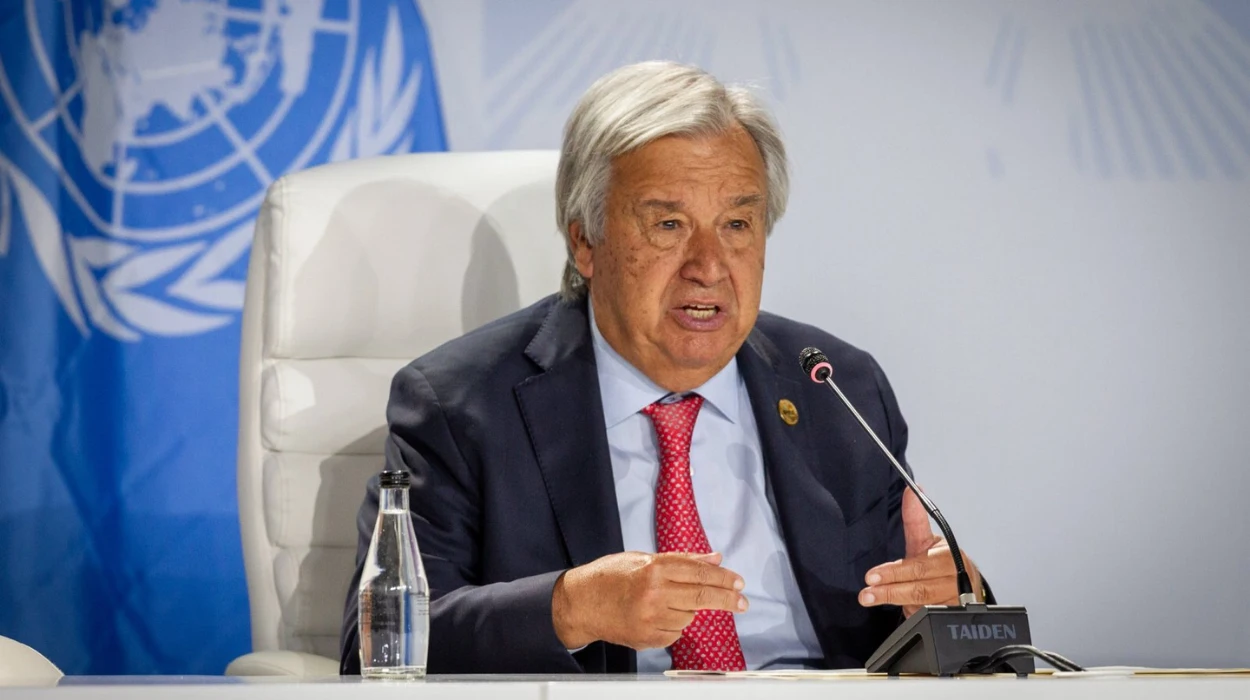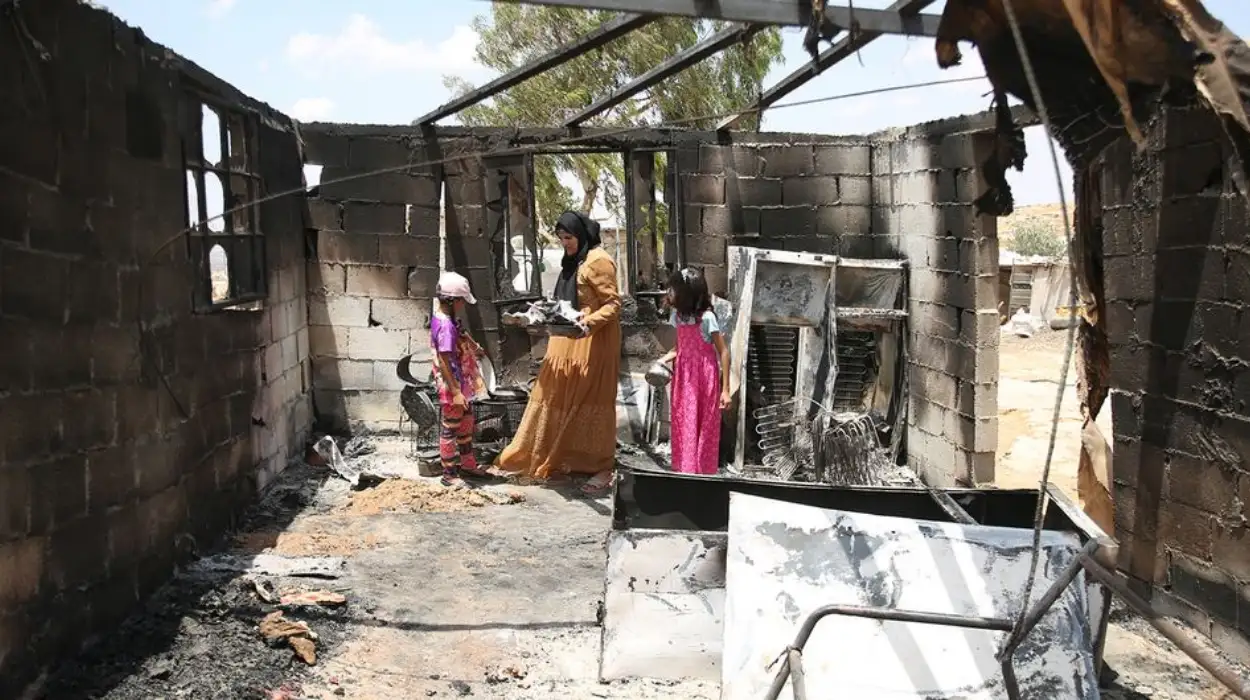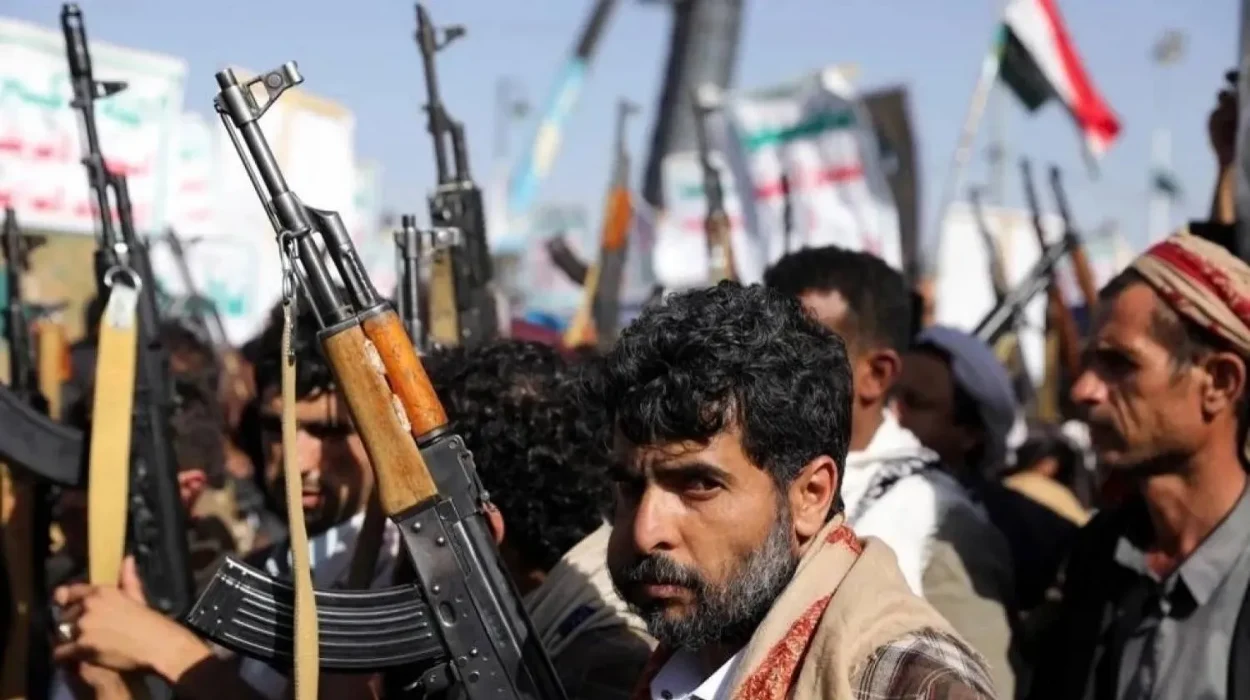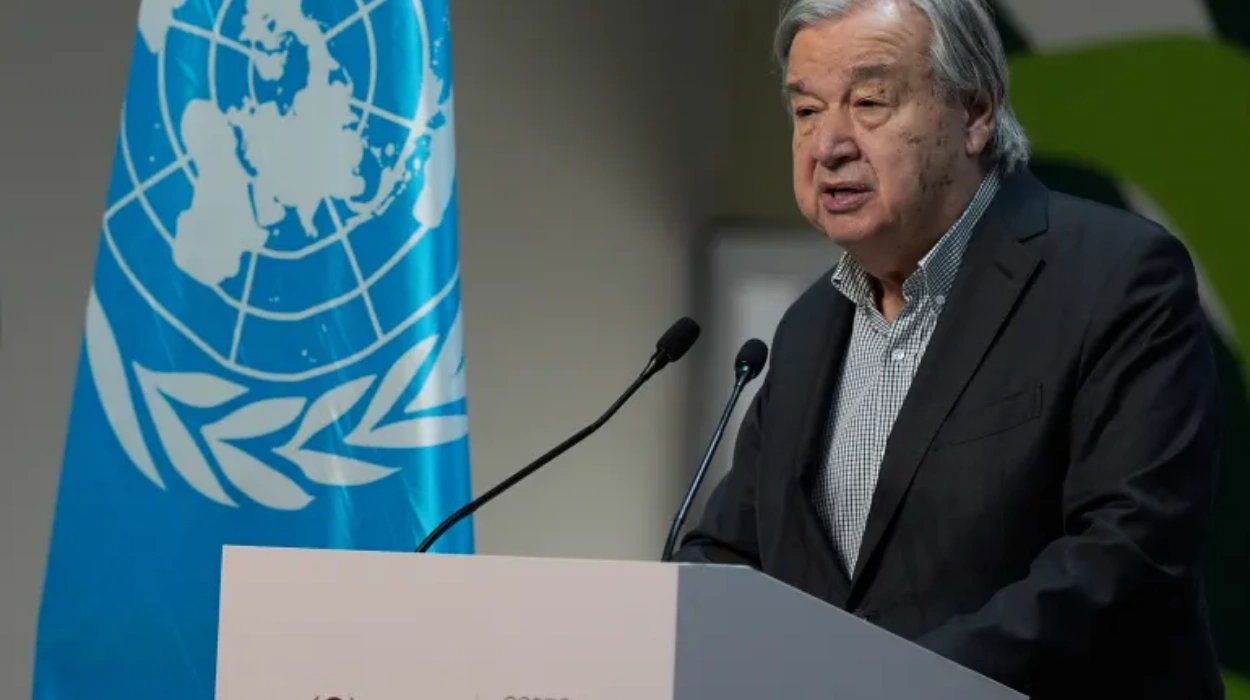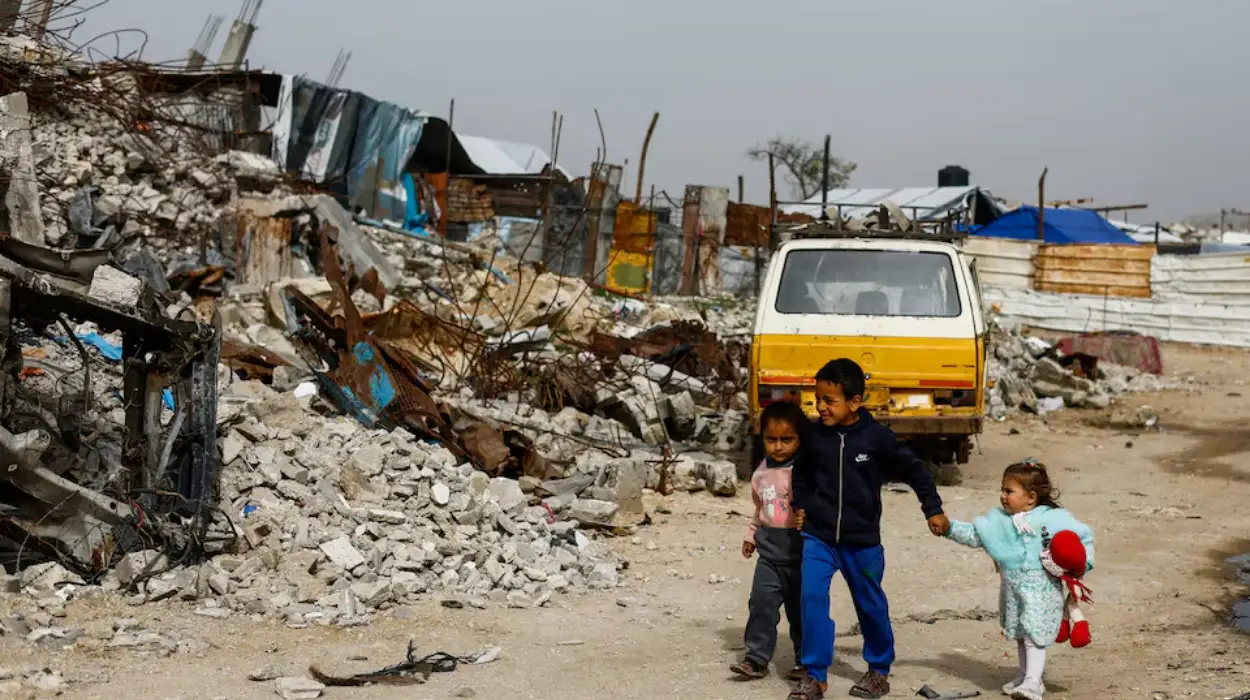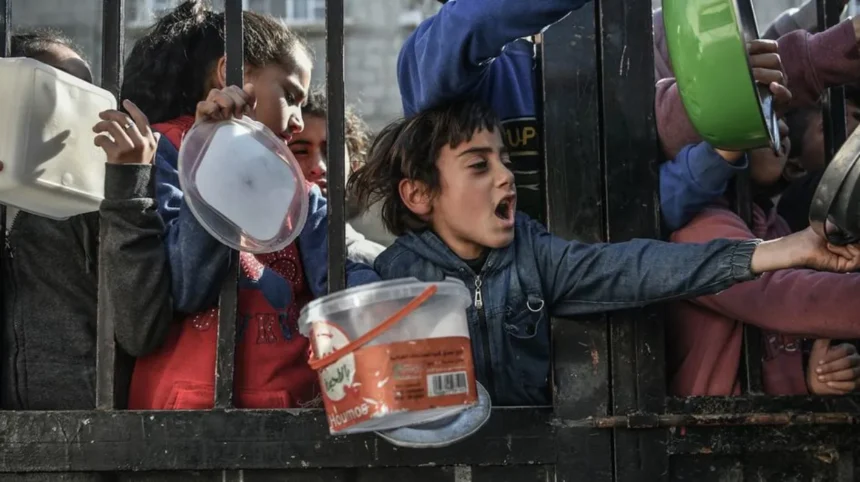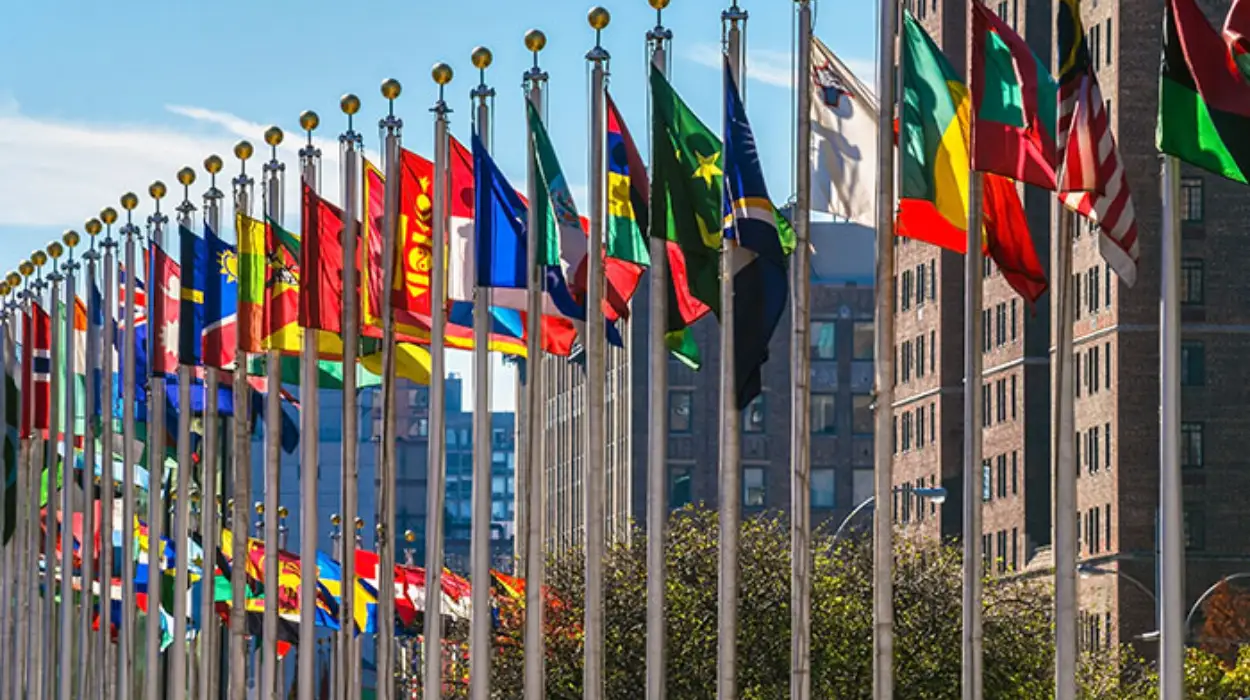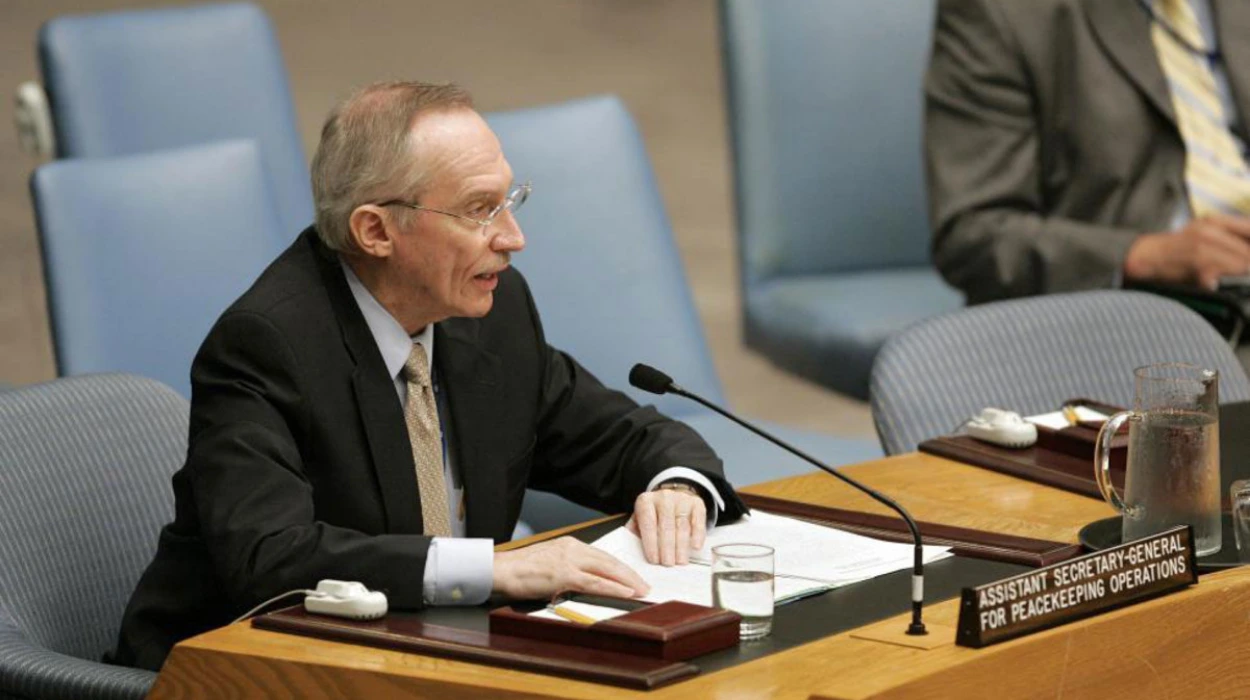The humanitarian crisis in the Gaza Strip has escalated to the point in which the United Nations calls it epic. In August 2025, famine-like situations were impacting over 2.1 million Palestinians. Approximately 640,000 residents were in catastrophic food insecurity (IPC Phase 5) and another 1.14 million were in emergencies (IPC Phase 4). Above 85 percent of the total population in Gaza was experiencing severe hunger, and had minimal access to clean water, steady housing, and healthcare.
The current war that is currently in its second year since the first time there was an intensification of the war, in October 2023, has caused the destruction of health infrastructure in the region. Emergency surgeries are still being conducted in hospitals daily mostly on gunshot and airstrike victims. Over 62000 Palestinians have been killed and at least 155000 injured since the war started. The civilian casualties are very high with children, the elderly and pregnant women among them. To make the crisis worse, waterborne diseases and respiratory diseases have also boomed particularly in the improvised camps where families who have been displaced are compelled to live in a condition which is not favorable
UN Security Council Deliberations On Gaza
The UN Security Council has conducted more than 60 sessions so far, which are devoted to the humanitarian crisis in Gaza only. This figure is larger than any other current crisis that the council engages in all over the world and even in cases where it may be involving a mass population or take a longer period. Compared to this, Sudan, with its civil war and famine-like situations that have affected over 24 million citizens have received only 19 sessions.
The out-of-proportion figure of participation indicates the international ready preparedness of Gaza along with the entanglement of the Israeli-Palestinian dispute that is deeply involved in geopolitical matters. Although this emphasis speaks of the urgency and tragedy of what is happening in Gaza, it also highlights structural imbalances in the distribution of attention by the Security Council. The issue is whether the council is not too preoccupied with Gaza at the expense of addressing other emergencies in the world that require the same urgency.
Geopolitical Drivers Of Attention
In addition to Gaza, several humanitarian tragedies are still underway with minimal reaction from the world. Nations such as Yemen, Ethiopia and Somalia are still in conflict and famine. The Sahel has been facing armed rebellions and displacement due to climatic factors that has been experienced by millions of people. The long civil war in Syria has caused degradation of basic infrastructure, and the economic meltdown in Venezuela has increased migration in Latin America.
The relative absence of Security Council attention to these crises is indicative of the way in which the political interest of the world trumps the humanitarian demand. These areas might not have such strong international constituencies as Gaza or are considered less important in strategic decisions. Practically, there are invisible emergencies at the Security Council level though with human suffering of huge proportions.
Broader Global Crises And Council Prioritization Challenges
The role of media attention in influencing political response is great. The crisis in Gaza has kept the international media busy all the time, and there is little news about the crisis in the Sahel or Horn of Africa. This unequal distribution affects the nature of donors, the agendas that different groups may have, and the cycles of selective intervention.
There has been a longstanding plea by humanitarian specialists to promote a needs-based, unbiased crisis prioritization approach. Theoretically, the UN is mandated to protect and support all the populations in need equally. In reality, though, political affiliation, international lobbying, and national interests dictate what crises are given long-term follow-up at such forums as the Security Council.
Media Visibility And Political Capital
The visibility of Gaza has resulted in large sums of humanitarian aid and diplomatic mobilisation. World donors had already promised up to 334 million dollars in emergency funds to Gaza by mid-2025. This is compared to the amount of funding on other crises that have larger populations. To illustrate, humanitarian calls to Ethiopia and South Sudan have not received the necessary funding yet the countries are experiencing massive displacement and food insecurity.
The effects of this kind of imbalance are great. Rivalry in getting donor funds may leave less-visible emergencies short in resources. The priority operation capacity would usually be shifted to high profile crises leaving others without enough staff, infrastructure, or medical supplies. Moreover, high-visibility conflicts consume diplomatic bandwidth, so the international community is not able to prevent or de-escalate less visible but no less disastrous situations.
The Impact Of Focus Imbalance
The unreasonable attention given to Gaza by the Security Council can also be counterproductive to other peacebuilding efforts. Other conflicts are not resolved as diplomatic capital is concentrated when one crisis is going on. As an example, political talks in Yemen have not been sustained without multilateral assistance and humanitarian aid in Syria is steadily dwindling because there is no international coordination.
The Security Council was meant to be a universal entity to deter and deal with peace and security threats. However, its ability to concentrate its energy becomes dubious when it does so in an unequal manner. This drives the necessity of a more balanced diplomacy that can be used to benefit the full range of international humanitarian law and the UN Charter.
Effects On Peacebuilding And Conflict Resolution
Humanitarian diplomacy would need to be more equitable, which would involve reorganizing the ways the Security Council sets its agenda and discusses it. Balance can be enhanced by formulation of criteria that are founded on severity, population size affected and urgency as opposed to geopolitical profile. The mechanisms of regional coordination might assist in raising underrepresented crises so that the humanitarian action remains neutral.
Increased collaboration between the UN and the regional organizations like the African Union, ASEAN, and the Arab League can also assist in the allocation of diplomatic work more successfully. Individual focus which may not be enhanced by simultaneous focus by various issues can be avoided by use of rotating Security Council briefings which incorporate updates of all key crisis zones.
Navigating Toward Balanced Humanitarian Diplomacy
A more even-handed method of humanitarian diplomacy would involve changes in the way the Security Council makes its agenda and discusses it. To enhance balance, it would be better to develop such criteria as geopolitical profile rather than based on severity, population size affected, and urgency. To ensure that humanitarian action is not biased, the regional coordination mechanisms may assist in lifting the underrepresented crises.
Better collaboration between the UN and the local institutions like the African Union, the ASEAN, and the Arab League might also contribute to allocating the efforts of the diplomats more efficiently. Rotating briefings to the Security Council that incorporate briefings by all major crisis areas might help avoid the single focus and enhance the openness in the setting of priorities.
Moreover, the involvement of civil society with regard to lobbying of overlooked crises should be strengthened. Non-governmental agencies operating in overlooked emergencies offer essential information and insight which may be utilized to shape UN agendas and promote an enhanced global involvement.
The issue of the Gaza war has certainly been worthy of consideration. But its leading role in Security Council discussions suggests a more fundamental structural issue of global humanitarian governance. To be able to preserve credibility as a protector of peace and security in the international system, the UN should seek methods of acting with the same urgency in any situation where human rights and lives are at stake.
The performance of the Security Council will be determined by its capacity to preserve its universal mandate amid political dynamics as humanitarian needs will continue increasing in 2025. The dynamic crisis in Gaza perhaps is a place to begin–but it cannot be the prime focus should the aim be in fact global humanitarian protection. The diplomatic, urgent and unbiased balance will decide the form that will be taken by the council in protecting the most vulnerable groups of humanity in a fragmented international system.


